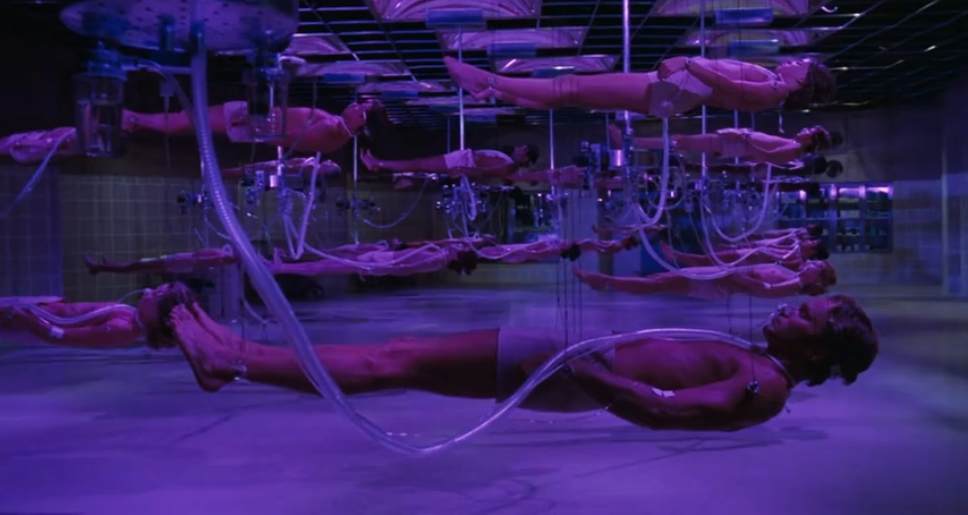Review: Coma (1978)
Director: Michael Crichton
Writers: Michael Crichton (screenplay) Robin Cook (novel)
IN ANTICIPATION OF HBO's REBOOT OF WESTWORLD I thought I would watch and review some of the films of Michael Crichton.
Sometimes before I watch a pre-1980s movie, I like to read the original newspaper reviews beforehand. They provide a generational context that Rotten Tomatoes cannot. All of Roger Ebert's old reviews are on rogerebert.com and the old NY Times reviews are online as well. Although Coma wasn't exactly panned by critics in 1978, the term Nancy Drew was blurted out–not as a compliment. Honestly, I've never read Nancy Drew. From what I've gathered, she's a semi-rich teenage sleuth who spends her time chasing purse snatchers around her home town. The only thing Coma has in common with that is a female protagonist. Being a fan of mysteries, I wasn't as quick to dismiss this movie.
Coma was directed by Michael Crichton, based on a novel by Robin Cook, both medical doctors. Although he was already a director and best-selling author, this was all before Steven Spielberg’s film version of Jurassic Park made Crichton a household name. The subgenre of medical thrillers weaves science into the typical mystery. It's basically a whodunit set against the backdrop of a Boston hospital. When a surgeon's friend is rendered comatose after a routine operation, her private inquiries into the cause reveals a bizarre procedural pattern, a backlash from hospital staff, and murder.
Douglas being Douglas
Geneviève Bujold's character Susan Wheeler is an ascetic doctor, unhappily involved with a colleague played by Michael Douglas, the quintessential doctor bachelor. She's whip-smart and pretty, but mostly unlikable until the shock of her friend's untimely death reveals a vulnerable side and an unlikely hero emerges. As she digs deeper into underlying causes of the incident, she's thwarted by the classic "threshold guardians" played by a young Rip Torn, and an elderly Richard Widmark.
Pacing is something that I play close attention to with any mystery. When the Cat and Mouse game between doctors gets old, the director takes us to the Jefferson Institute. The idea alone of a coma warehouse, where patients are cared for by computers is great science fiction. But the way it was brought to life on film is a testament to the timelessness of practical effects (see below).
Not CGI
I would give a lot of credit to Crichton and Cook for their ability to craft a believable medical world on film, with ample explanation, combined with elements of crime and action. By presumably pulling back the curtain on something the average viewer knows nothing about, they educate and excite. They play off of our fear of corpses and the known risks of surgery.
Coma is a nice example of 1970s style, taking cues from Robert Altman, particularly during the operation scenes, and Michael Mann, with regard to shots and color. It has a sparse musical score by Jerry Goldsmith, reserved for the most dramatic scenes. Aesthetically, I'd put it in a category with M*A*S*H, Thief, Network, and Invasion of the Body Snatchers (1978). Style by decade is something I plan to explore deeply in later posts.


